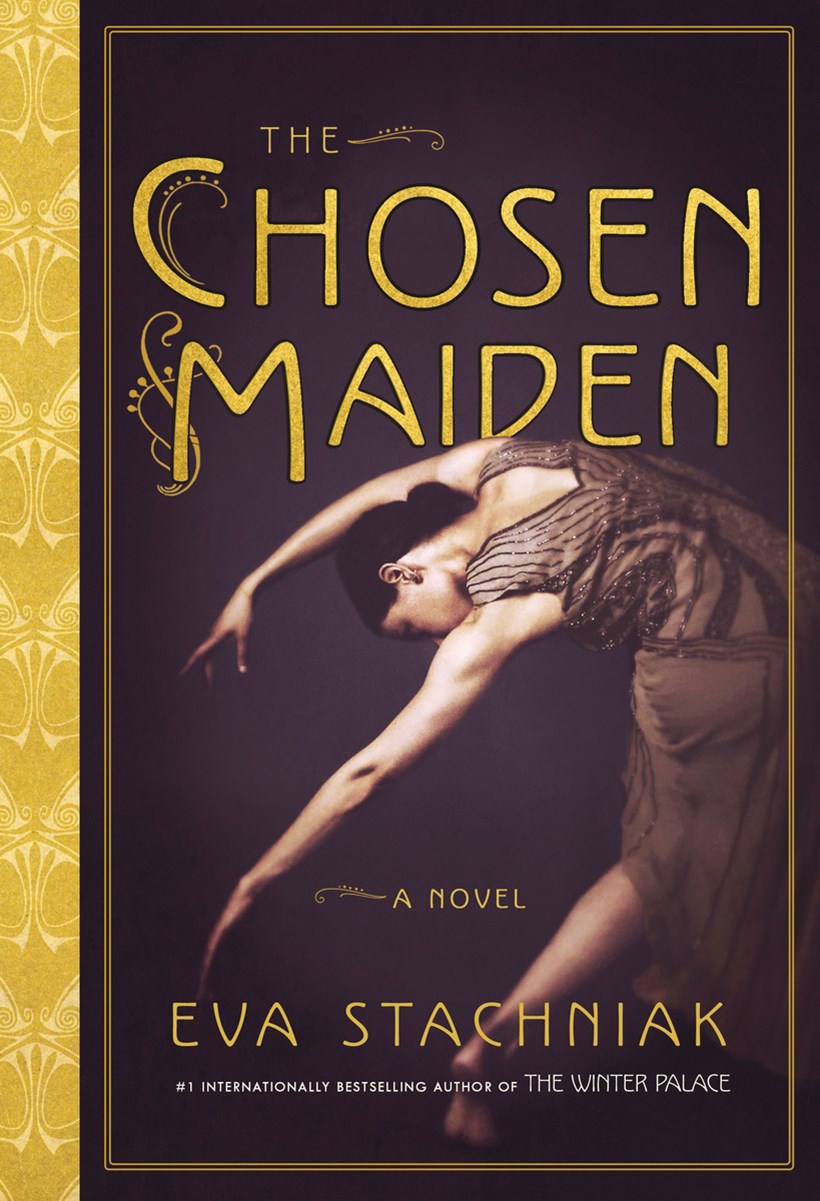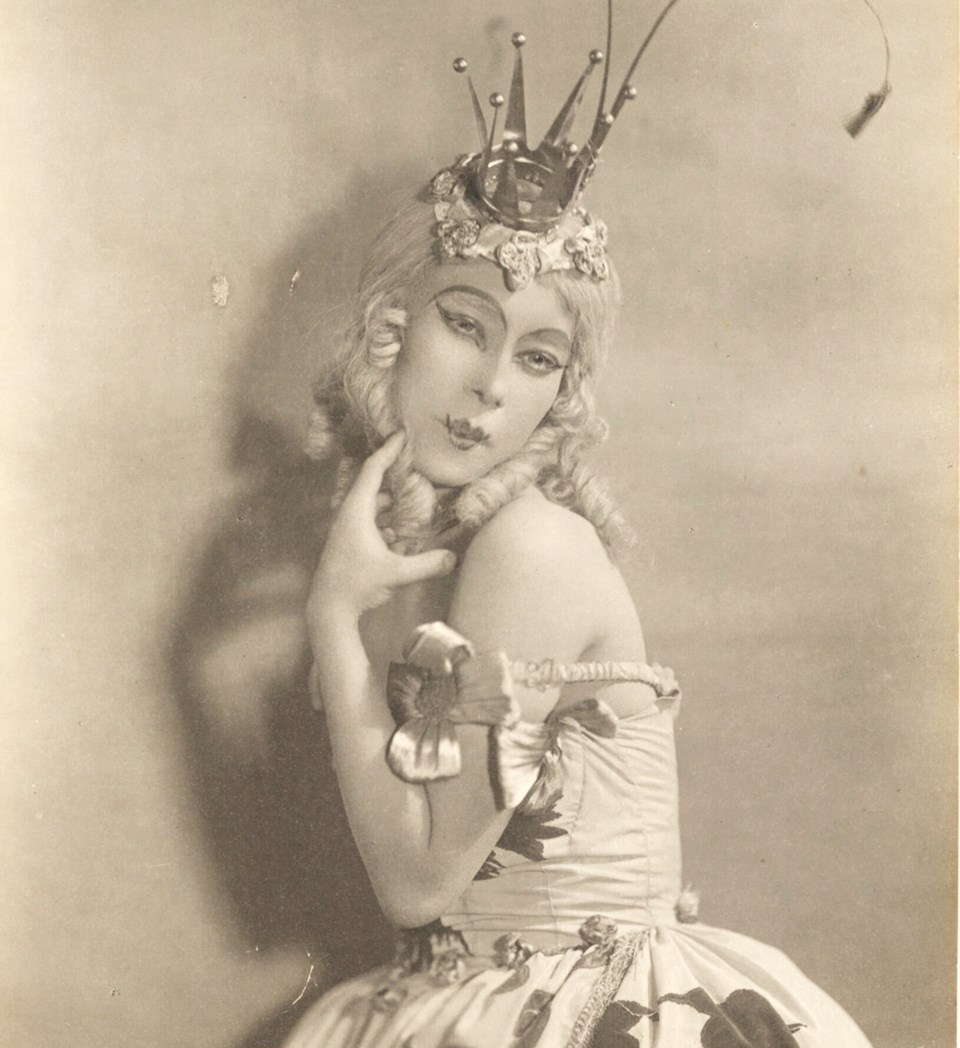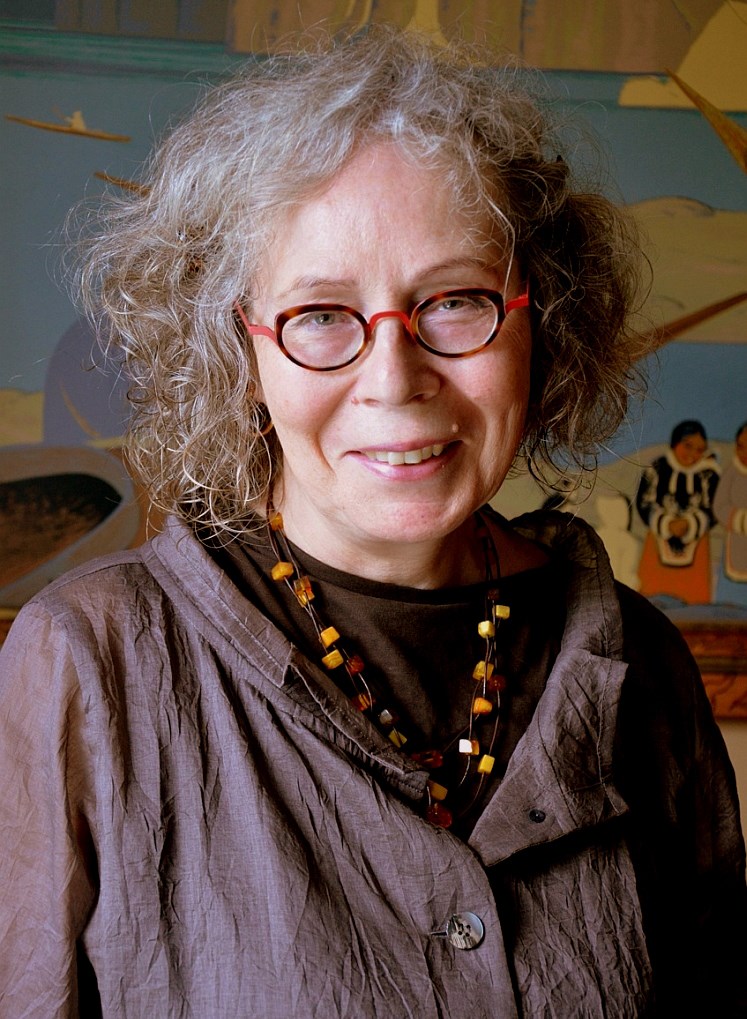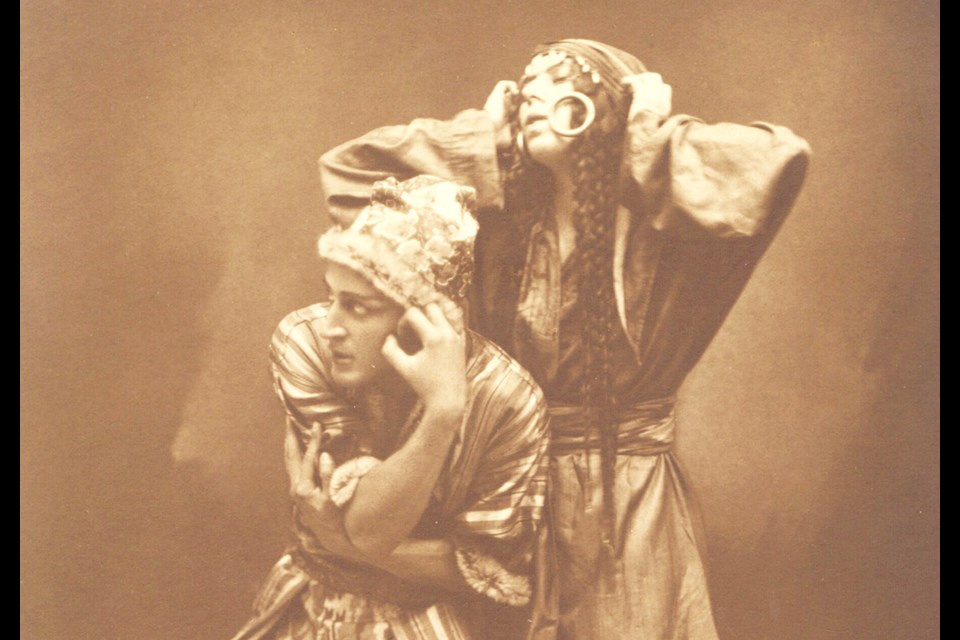Buried in the Library of Congress in Washington, D.C. are of what remains of Bronia Nijinska’s life: diaries, photographs, newspaper clippings and copious notes for her memoirs.
But those memoirs are a lot like Nijinska’s own life — totally eclipsed by everyone’s fascination with the brightly shining star that was her brother, Russian ballet dancer Vaslav Nijinsky.
Probably best remembered for being asked by Serge Diaghilev to choreograph Les Biches, a ballet set to music by Francis Poulenc, Nijinska died in California in 1972 largely unknown outside the dance world.Â
Eva Stachniak immersed herself in Nijinska’s “treasures” to discover everything she could about this exceptionally talented dancer and ground-breaking choreographer.
However, as a novelist who specializes in fictionalized accounts of real people, Stachniak didn’t want to be bound by annotations and footnotes.
“To me a biography is more like writing an essay or dissertation with all the duties it entails,” says the author of The Chosen Maiden, a historically truthful account of the first half of Nijinska’s life, created entirely in Stachniak’s imagination. “I’m true to facts but I’m going for emotional truth.”

Stachniak will delve further into those truths when she reads from her new novel April 18 at the Book Warehouse in Vancouver. She’s also giving readings in Victoria on April 19 and Seattle on April 24.
“At first I marvelled at all the material,” she says from her home in Toronto. “As a guide, [the research] was perfect but I didn’t want to steal her voice; I wanted to recreate the essence of her voice.”
The title comes from Le Sacre du Printemps, a ballet Nijinsky created for his younger sister. “The Chosen Maiden, my brother once told me, is a warrior, not a dying swan. She dances to make life possible again,” Stachniak writes in the first-person novel.

It was Catherine the Great who steered Stachniak towards Nijinska. After writing , which was a book of the year, and Empress of the Night about Russia’s influential leader, Stachniak was looking for ideas for her next project. “I didn’t want to stay in Catherine’s Russia but I thought it would be interesting to look at the end of Imperial Russia. The descendents of Catherine the Great were a sorry bunch of people who hadn’t learned much from being privileged so there was nothing in their lives for me as a writer. But the Russian Ballet was always a special child of the Imperial court. Students were thought to be wards of the czar.”
Much had been written about Nijinsky but his sister “was such a good fit for me. She’s a woman and extremely talented but how do you stand your ground when you’re born the younger sister of genius? I wanted people to know she existed and did marvellous things.”

Stachniak was born in Poland and the Nijinskys spoke Polish at home. When Stachniak started reading Nijinska’s notes in Polish, the tenor of Nijinska’s writing gave Stachniak even more insight into the dancer’s personality. “Bronia was a beautiful writer,” she says.
Not knowing much about the dance world, Stachniak “pestered and shadowed” contemporary dancers so she could better understand what drives them to seek such a physically demanding quest.
So why isn’t Bronia Nijinska more well known?
“What a choreographer you would have been, Bronia, if only you had been a man,” Diaghilev once told her. Ballerinas might be revered onstage for their personification of femininity, but their strengths went unnoticed or valued. As Nijinsky once told his younger sister, “I am the chosen one.” There wasn’t room for two.
Nijinska had a chance to step out of the shadows of great men when she moved to the United States in 1939 (where the novel ends) but she wasn’t good at promoting herself. Besides, George Balanchine was breathing all of that oxygen. “There was no place for another great Russian choreographer,” Stachniak says.
have been positive, and Stachniak is pleased that people will get to know Bronislava Nijinska as the incredibly strong and talented woman revealed in all those archived boxes.
“I want to create a very rich, sensual world and invite readers to live there with me and these people. When you immerge you can form your own opinion.”
Stachniak will read from The Chosen Maiden at the Book Warehouse, 4118 Main Street, in Â鶹´«Ă˝Ół»on April 18 at 7 p.m.; Bolen Books, 1644 Hillside, in Victoria with Roberta Rich on April 19 at 7 p.m.; and Third Place Books, 5041 Wilson Ave. S., in Seattle on April 24 at 7:30 p.m. For details go to .
She shared her thoughts about Russia, past and present, with the Westender in 2014 when Empress of the Night first came out. You can read the profile



